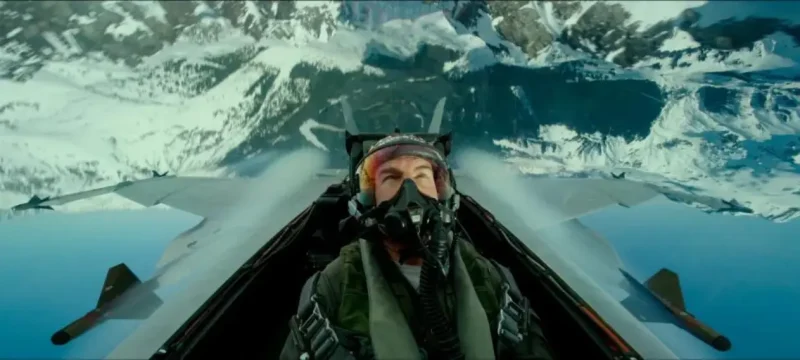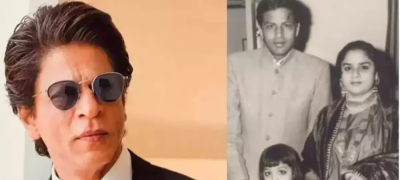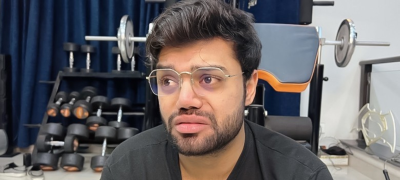Paramount Pictures (PARA.O) has emerged victorious in a legal dispute over its 2022 blockbuster film Top Gun: Maverick, as a U.S. District Judge in Los Angeles dismissed a lawsuit alleging copyright infringement, as reported by Reuters. In a ruling on Friday, Judge Percy Anderson determined that the sequel was not “substantially similar” to Ehud Yonay’s 1983 magazine article, Top Guns, which served as the inspiration for the original Top Gun film depicting the U.S. Navy’s Top Gun fighter pilot training school in San Diego. The heirs of Ehud Yonay, Shosh Yonay and son Yuval Yonay, asserted that Paramount owed them a share of the sequel’s profits, arguing that the franchise was rooted in Yonay’s article, which “brought to life the technical aspects of a navy base.”
Their attorney, Marc Toberoff, announced intentions to appeal the decision, asserting, “Once Yonay’s widow and son exercised their rights [to] reclaim his exhilarating story, Paramount dismissed them, questioning the existence of copyright. It’s not a favorable stance.” In response to the dismissal, Paramount issued a statement expressing satisfaction with the court’s ruling, affirming, “We are pleased that the court recognized that plaintiffs’ claims were completely without merit.” Top Gun: Maverick, featuring Tom Cruise reprising his role as U.S. Navy test pilot Pete “Maverick” Mitchell, garnered an impressive $1.5 billion worldwide, becoming Cruise’s highest-grossing film and ranking 12th according to Box Office Mojo.
Also Read: ‘Top Gun: Maverick’ team readies for third installment starring Tom Cruise
The plaintiffs, both from Israel, contended that the character of “Maverick” in the sequel was “derivative” of the nonfictional Top Guns due to similarities in plot, characters, dialogue, settings, and themes.
However, Judge Anderson emphasized that copyright law does not safeguard factual elements like real people’s identities or common plot elements such as pilots embarking on missions. Additionally, he noted that copyright protection does not extend to themes such as “the sheer love of flying” or specific dialogues, like “Fight’s on,” present in both works.
In a pivotal decision, Anderson also ruled that Paramount was not required to credit Ehud in the sequel, as it had done in the original Top Gun with a “suggested by” credit. This ruling came after the Yonays terminated Paramount’s exclusive movie rights to the article in 2020.
Ehud’s article, initially published in the May 1983 issue of California magazine, laid the groundwork for the iconic film franchise. The case, titled Yonay et al v. Paramount Pictures Corp, was heard in the U.S. District Court, Central District of California, under case number 22-03846.









